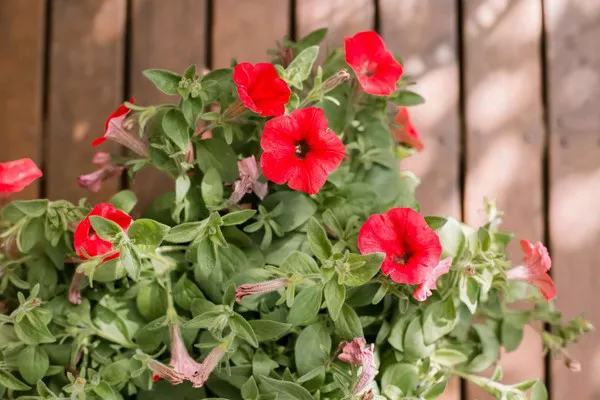Night-blooming plants that rely on nocturnal pollinators, such as moths, for reproduction are facing challenges due to air pollution, particularly nitrate radicals. Research led by the University of Washington reveals that these pollutants break down the scents emitted by flowers before they can effectively travel, impacting the ability of pollinators to locate their targets. The study indicates that this olfactory disruption may have existed since the Industrial Revolution, with implications for the health of pollinators, ecosystems, and crops.
The investigation, encompassing field studies, wind tunnel experiments, and atmospheric models, highlights the vulnerability of floral scents, especially at night. While previous studies demonstrated the impact of ozone on daytime pollinators like bees, the current research underscores the significance of pollutants affecting nighttime pollinators. Nocturnal insects, including moths, play a crucial role in the pollination of various plants, and the disruption of their ability to detect scents could have far-reaching consequences.
Jeff Riffell, a neuroscientist at the University of Washington, and his colleagues first identified the potential threat to nighttime pollinators in 2014. They observed that certain airborne chemicals made it harder for tobacco hornworms to find flowers. The recent research builds on these findings, focusing on natural conditions and the impact of nitrate radicals on plant scents. Nitrate radicals are produced when nitrogen oxides from sources like vehicle exhaust react with ozone, leading to the degradation of compounds responsible for floral scents.
The study concludes that these pollutants, along with potentially others, pose a significant threat to the delicate balance of nocturnal pollination. The researchers emphasize the need to address pollution sources, advocating for cleaner energy alternatives to mitigate the impact on ecosystems and agriculture.


